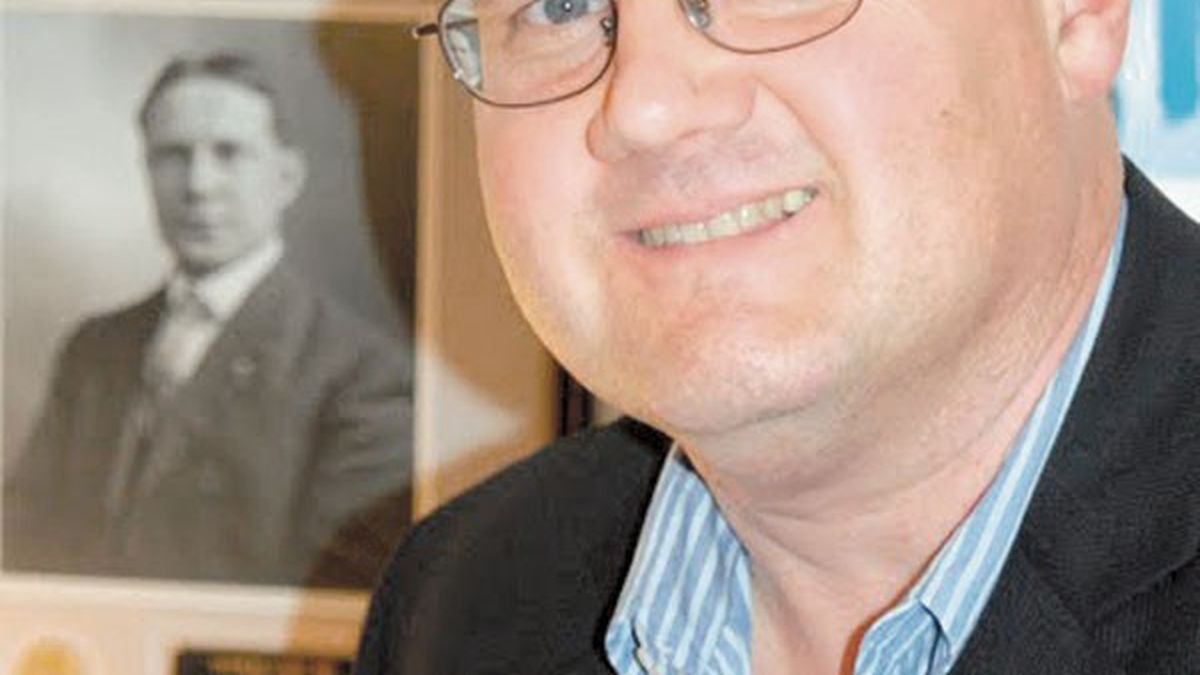The young man had just had his stomach pumped after downing a hundred ibuprofen and untold quantities of alcohol. The previous day, he’d been dumped by his girlfriend during a transatlantic call. At San Francisco General Hospital, the young man promised Paul Linde that he wouldn’t try to kill himself again. Linde, a psychiatrist tasked with deciding whether patients should be retained or released, let him go. Three days later, the young man hanged himself.
Viewing this tragedy through what he sardonically dubs a “retrospectoscope,” Linde airs his regrets in Danger to Self: On the Front Line with an ER Psychiatrist, a moving memoir that offers a rare look at SF General’s psychiatric emergency room, where Linde and his colleagues strive to help those he calls “society’s most disenfranchised and hopeless.”
They’re the suicidal, the unintelligible, the inconsolable, the bereft, the desperate, the drugged. They twitch, they harm themselves, they smear feces, they sob, they scream, and they form a nonstop stream. Linde cites from memory “the monolithic man who breaks through his heavy metal seclusion-room door” and “the delirious, febrile, HIV-positive man who cuts his wrist with a paper clip and spurts blood at the staff.”
More than half of the patients admitted to Linde’s ward are brought there by police, having been reported by others and taken into custody involuntarily. With its double doors, keys, and buzzer system controlling access and egress, the ward is “not unlike a DMZ. Before entry, police officers check their guns, placing them in a small locker.”
Some of Linde’s patients are isolated and alone in the world. Others are thronged by worried loved ones. They’re rich, they’re poor, they’re middle-class. But mental illness is an equal-opportunity assailant, so “the afflictions I see are some of humanity’s greatest and most tragic: AIDS, homelessness, poverty, alcoholism, addiction, major depression, chronic pain, bipolar disorder, schizophrenia, the emotional effects of torture, the aftermath of fresh and major losses, and the experience of being terminally ill.” Mental illness can be just as disabling as physical illness, argues the author, who will be at Books Inc. (1760 4th St., Berkeley) on Tuesday, April 20.
For most psychiatric professionals, emergency rooms are a “way station” enroute to less stressful venues in the field. But Linde, who has also done similar work in Zimbabwe, chose to stay.
Although his book reflects a quirky respect for his patients — from meth-addict Mark to homeless Ray, who “looks (and smells) like a malt-liquor-and-chronic-psychosis kind of guy to me” — Linde admits that his work plays with his head: “I love my job when I’m not there. … One reason I work there is that when I’m not there, I’m not there.” 7 p.m., free. BooksInc.net











